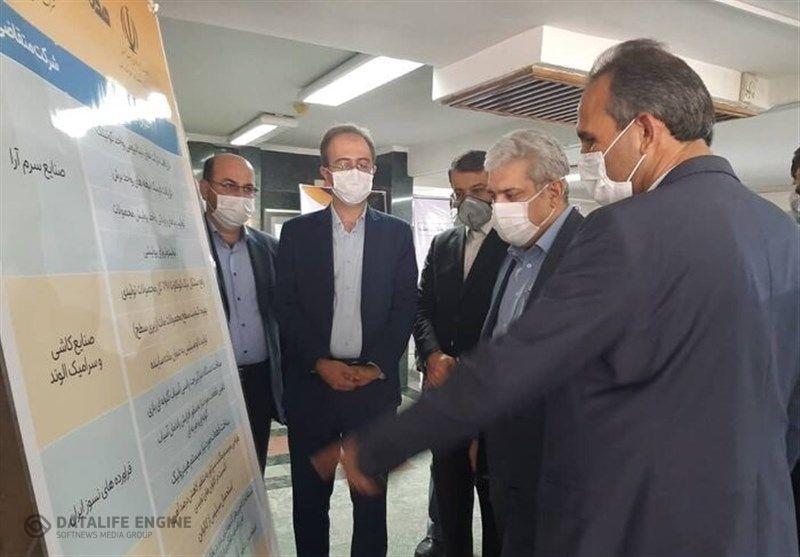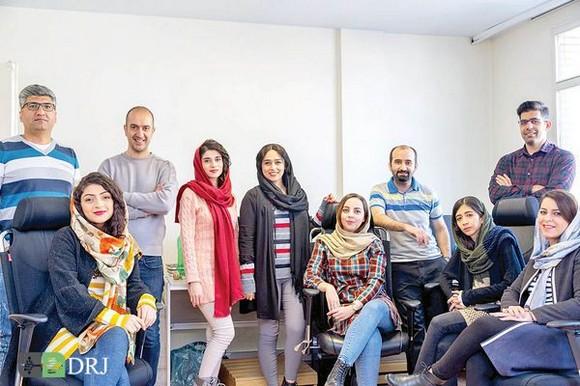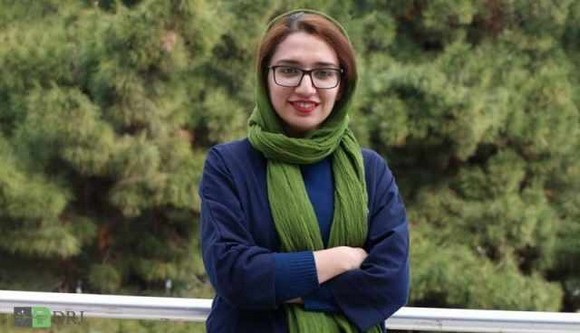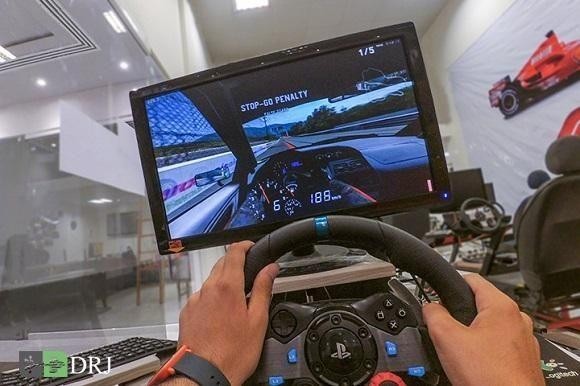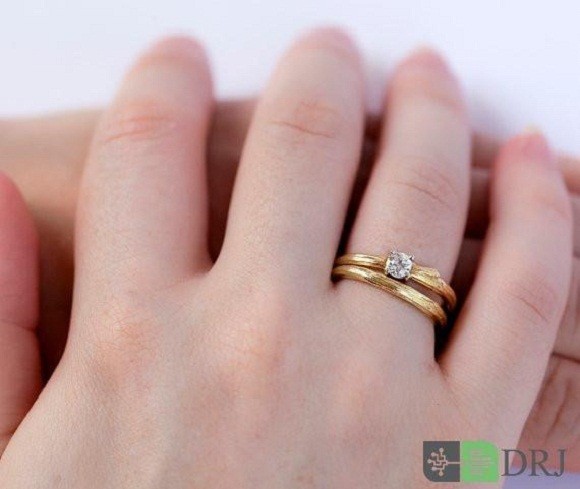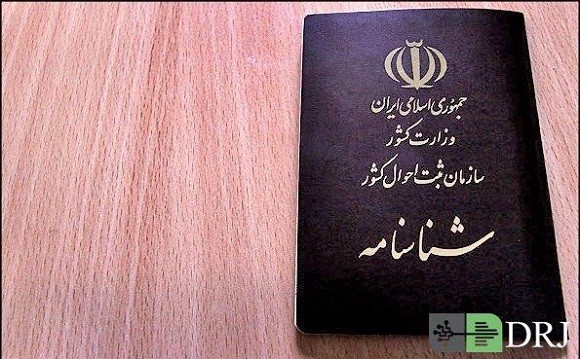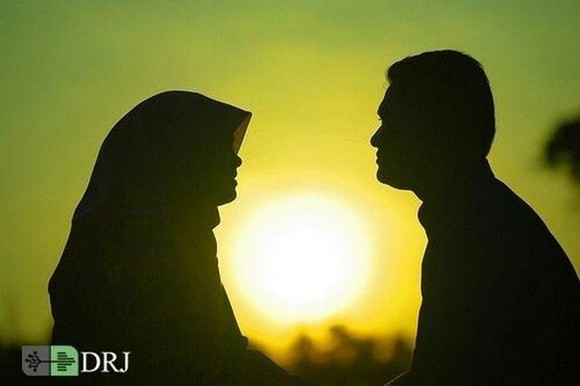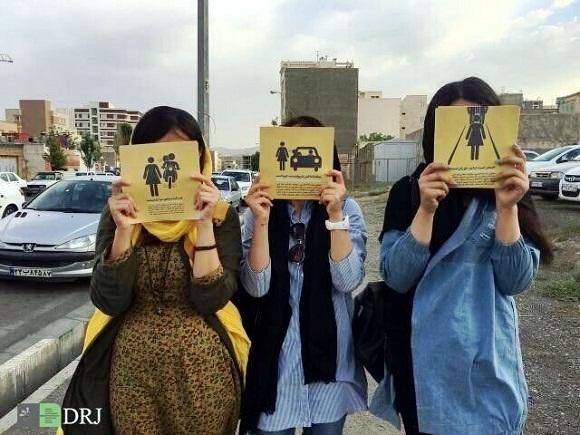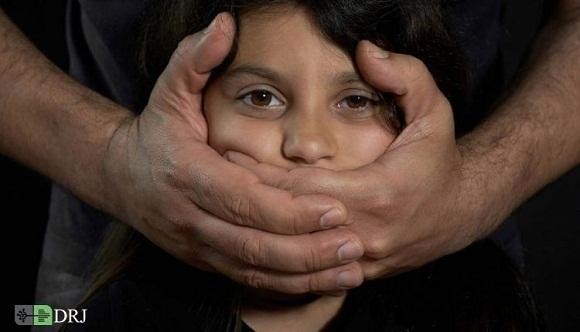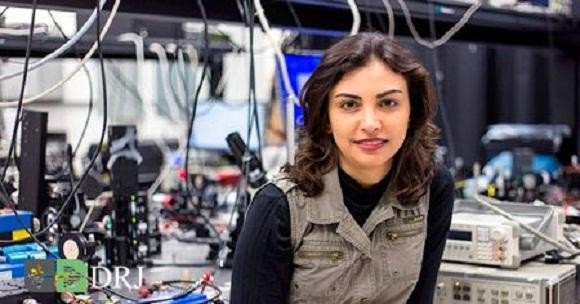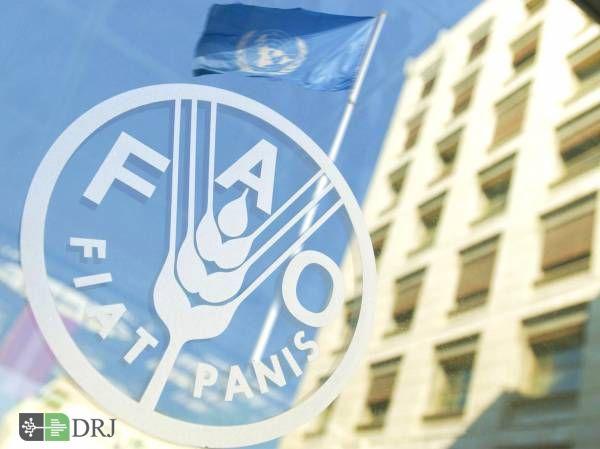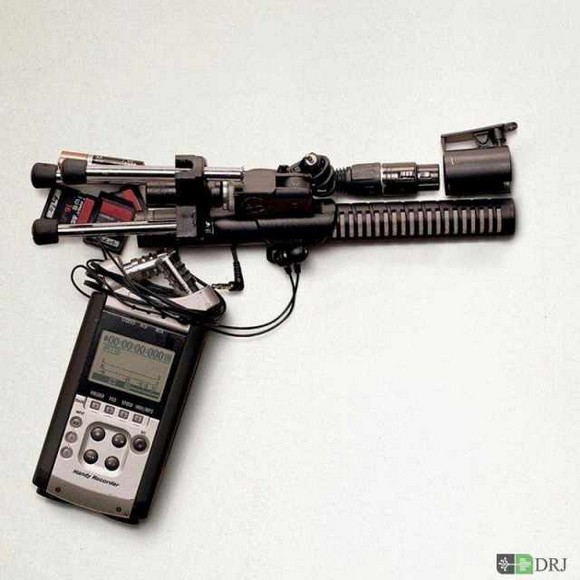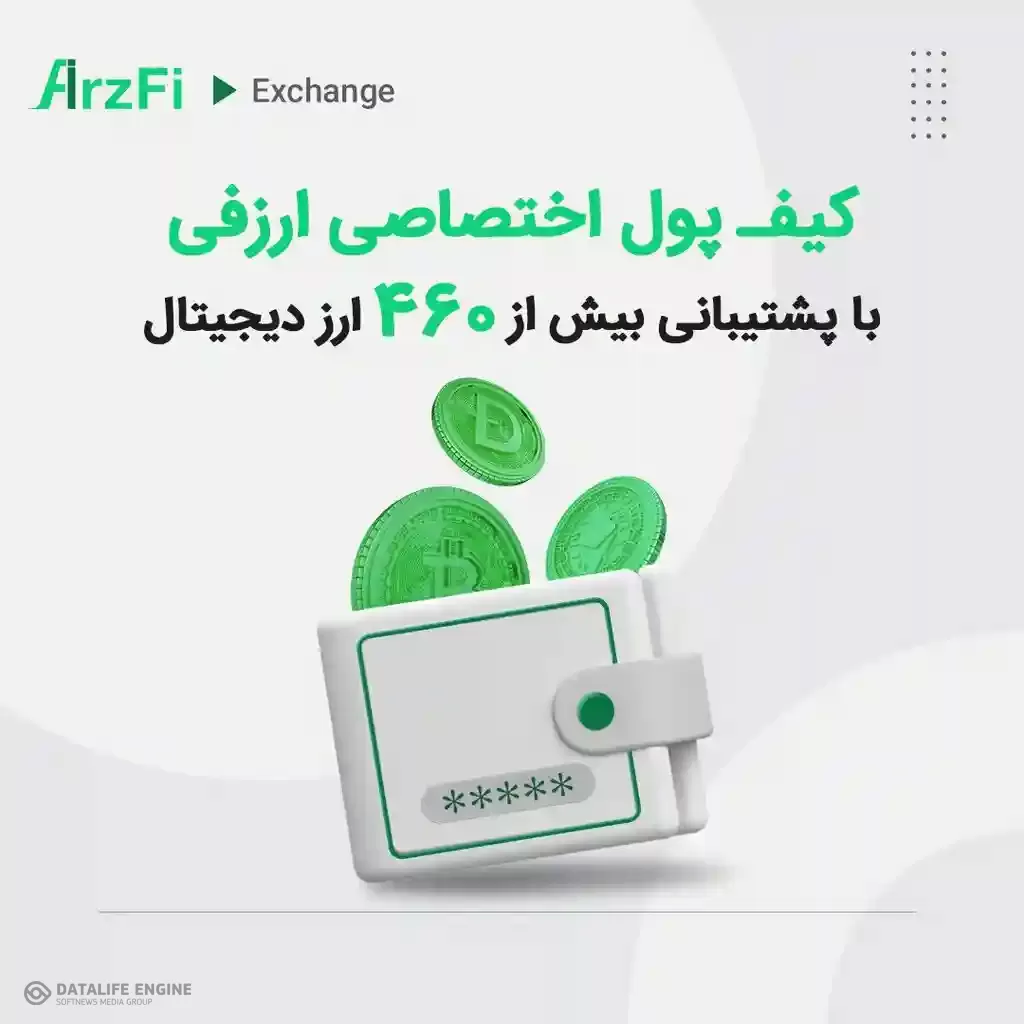Mohammed Arkoun
Mohammed Arkoun completed his primary studies in Taourirt-Mimoun , his secondary studies in Oran and pursued higher education at the Faculty of Philology at the University of Algiers and at the Sorbonne in Paris ( Agrégé in Arab Language and Literature , Paris 1956 ) . Thereafter he was professor at the Faculty of Philology of Strasbourg University ( 1956-1959 ); at Lycée Voltaire , Paris ( 1959-1961 ); Assistant-Professor at Sorbonne University ( 1961-1969 ); Associate Professor at Lyon II University ( 1969-1972 ); Professor at Paris VIII University , Paris III University and at Sorbonne Nouvelle University ( 1972-1992 ) . He has also been a visiting professor at U . C . L . A . , Los Angeles ( 1969 ); Louvain-La-Neuve University , Belgium ( 1977-1979 ); Pontifical Institute of Arabic Studies in Rome , Princeton University ( 1985 ) , Temple University , Philadelphia ( 1988-90 ) and the University of Amsterdam ( 1991-1993 ) . He has acted as Fellow at Wissenschaftkolleg in Berlin ( 1986-87 and 1990 ) and Fellow at the Institute of Advanced Studies in Princeton , U . S . A ( 1992-93 ) and has lectured all over the world .
Mohammed Arkoun is currently Emeritus Professor of the History of Islamic Thought , La Sorbonne ( Paris III ) , as well as Senior Research Fellow and member of the Board of Governors of The Institute of Ismaili Studies in London , serves as a jury member for the Aga Khan Award for Architecture and is a member of the National Ethics Committee for Life and Health Sciences . He is Scientific Director of the magazine ARABICA ( Brill , Leiden ) .
Professor Arkoun’s initial interest in the history of Islamic thought produced his important 1969 work , Traité d éthique , a French translation of Ibn Miskawayh’s classical work Tahdhib al-Ahlaq wa Tathir al-Araq . His focus in his work has since moved from the classical period to contemporary issues and he has written many papers and a few books on contemporary issues of Islam and modernity . A modernist and critical voice in the contemporary world , he is associated with several European initiatives to rethink and reshape the relationship between Europe , Islam , and the Mediterranean world . Professor Arkoun served as a member of the Award Steering Committee from 1983 to 1992 , and as a member of the 1995 Award Master Jury . He was decorated as an Officer of the French Legion of Honour in July 1996 .
His views are not very well respected in the traditional Islamic Intellectual circles because of a secularist approach , but he has made great inroads in the post-modernist circles where he is considered a leading authority on contemporary Islam . As the editor of Arabica , he played a significant role in shaping Western scholarship on Islam . He is the author of numerous books in French , English and Arabic , including most recently: Rethinking Islam ( Boulder , Col . , 1994 ) , L’immigration: défis et richesses ( Paris , 1998 ) and The Unthought in Contemporary Islamic Thought ( London , 2002 ) . His shorter studies have appeared in many academic journals and his works have been translated into several languages . He was also awarded the Seventeenth Georgio Levi Della Vida Award for his lifelong contribution to the field of Islamic Studies . In 2001 , Professor Arkoun delivered the University of Edinburgh Gifford Lectures 2001/02 , entitled Inaugurating a Critique of Islamic Reason . The lecture series was as follows:
Lecture 1 October 29: Islam , Europe and the ‘West’: the need for an intellectual shift
Lecture 2 October 31: Inaugurating a critique of Islamic reason
Lecture 3 November 1: The concept of prophetic discourse: from Revelation to the revelatory function of religious discourse .
Mohammed Arkoun’s Writings:
The Unthought in Contemporary Islamic Thought , 2002 , London .
The Aga Khan Award as a Process of Thinking , 1998
L immigration: défis et richesses , LXXIIe session des Semaines sociales de France , Paris and Issy-les-Moulineaux , France , 1997 .
Spirituality in Architecture , 1995
Rethinking Islam: common questions , uncommon answers , Boulder , Col . 1994 .
Les cultures del Magreb , 1994
L Islam et les musulmans dans le monde , 1993
La passione del conoscere Preta , Lorena , 1993
Architectural Alternatives in Deteriorating Societies , 1992
The Meaning of Cultural Conservation in Muslim Societies , 1990
A Policy for Architectural Conservation , 1990
Muslim Character: The Essential and the Changeable , 1989
Current Islam Faces its Tradition , 1989
L islam , morale et politique , 1986
Pour une critique de la raison islamique , 1984
Islam , Urbanism , and Human Existence Today , 1983
Building and Meaning in the Islamic World , 1983
L Islam , religion et société , 1982
Lectures du Coran , 1982
La Pensée arabe , 1975
Essais sur la pensée islamique , 1973
Les Musulmans . Consultation islamo-chrétienne entre Muhammad Arkoun [et al . ] et Youakim Moubarac . Postface par M . Kamel Hussein et par Daniel Pézeril , 1971
Contribution à l étude de l humanisme arabe au 4e/10e siècle , 1969/1970
********************************************************************
The following synopsis on Mohammed Arkoun’s book: The Unthought in Contemporary Islamic Thought appears on the website of the publisher:
http://www . iis . ac . uk/research/academic_publications/unthought/synopsis . htm:
The Unthought in Contemporary Islamic Thought makes available for the first time the breadth and depth of Mohammed Arkoun’s thought to an English readership and reaffirms the significance of his contribution to Modern Islamic Studies and Religious Studies more generally .
Drawing on the tools and methodologies of history , sociology , psychology and anthropology , the work combines a critical review of modern studies dedicated to what is generally labelled ‘Islam’ with an assessment of the original texts treated in those studies as sources of genuine information . By doing so , Arkoun’s approach subjects varying belief-systems ( including non-belief ) , traditions of exegesis , theology and jurisprudence to a critique aimed at liberating reason from dogmatic constructs .
By treating Islam as a religion as well as a time-honoured tradition of thought , Mohammed Arkoun’s work aims at overcoming the limitations of a purely descriptive , narrative and chronological treatment of history . He does so by recommending that the entire development of Muslim thought , from the Qur’anic worldview to the range of contemporary discourses , be subjected to critical analysis an analysis that will engender a discussion as to how Islamic studies and thought can be brought to the level of the fertile criticisms witnessed in European scholarship and historical development since the 17th century .
In the work , Professor Arkoun pays as much attention to exploring the epistemological options underlying the different types of discourses , as to the development of facts , events , ideas , beliefs , performances , institutions , works of art and individual biographies based on reliable archives . He argues that writing history , without making an issue of each word , each concept , each attitude used by the social protagonists , is misleading and even dangerous for people who assimilate the representations of the past proposed by historians as the undisputable truth about the past . He asserts that this is why each social group has itself built an image of its past without having the means of differentiating the mythical or ideological image from the critical approaches provided by modern historians .
Each of the book’s eight essays addresses some of these concerns by referring to a number of larger tensions which , Mohammed Arkoun asserts , remain ‘unthought’ in contemporary Islamic discourse topics that have been addressed , in some cases , in academic scholarship on Islam , but have been relegated into the domain of the ‘unthinkable’ .
The first two chapters introduce ways of ‘problematising’ the larger category of revelation through the example of the Qur’an and proposes a programme of research aimed at constructing a new field for the comparative study of revelation as a historic , linguistic , cultural and anthropological articulation of thought , common to Christianity , Judaism and Islam .
Likewise , seven other themes related to large and complex domains of modern debates are introduced in the following chapters: problems of the state , civil society , the individual and human rights; the concept of the person , the individual and the citizen; belief , non-belief and the construction of the human subject in Muslim contexts; authority and power and ‘religious imaginaire’ .
Outlining the author’s life-work and thought for the first time in English , the essays in this book explore the tensions that have challenged the author since the beginning of his academic career , providing an up-to-date and acute insight into his thought and methodology . The book will be an invaluable asset for those concerned with the contemporary world as viewed through the disciplines of Islamic and Religious Studies , Anthropology , Sociology , Psychology and History .
Responding to Professor Arkoun
By: Dr . S . Parvez Manzoor
Professor Arkoun was born in 1928 at Tourirt-Mimoun in the Kabylia region of Algeria; Berber is his mother tongue , French his second language , and Arabic his third . He grew up in French schools , became a student of Islam and even made his way to the top of the French university system . His relationship with the Orient and Orientalism , however , remains ambivalent: he identifies with both and with neither . Despite his empathy for the Muslim complaint about the injustices of Western scholarship , he reproaches the Orient for exactly the same sins that he finds reprehensible in Orientalism , namely , ‘attachment to universals , identification of truth with essences , and neglect of history . ’ Even more paradoxically , as a Muslim historian , he solicits the help of non-Muslims and non-historians in reassessing ‘the relationship of Islamic thought to text , to language , to groups , to power , to time , and to place , in order to discover positivities that could underpin an objective understanding of the totality of the Islamic tradition . ’ One wonders , however , whether his project , which aims at the elimination of all the ‘positivities’ of traditional thought , entails a deconstruction unto nothingness , or whether his epistemological dexterity is merely for the sake of humiliating the modern subject? Is the ‘Islamic’ dimension of Arkoun’s thought , in other words , self-consciously circumspect , subliminal and subversive of the hegemony of the Western discourse?
Arkoun’s dedication , then , is to ‘scientific endeavour , to scholarship , to empirical investigation . ’ But his scholarship also provides him with a platform from which to launch an assault on the Islamic tradition . For his conception of Islam is much broader than that of ‘orthodoxy’; it is large enough to accommodate all those who see themselves as Muslims . Not surprisingly , Arkoun is as much cognizant of the unthought of the Islamic discourse , as he is concerned with the Islamic thought . For instance , understanding Islam means for him analysing the manner in which the ‘Qur’anic fact’ was transcendentalized , i . e . , accepted as a foundation for a Divine Law and proclaimed as a universal truth , and why these interpretations of the revelational fact ultimately prevailed , whereas alternative understandings disappeared from history . His own conclusion is Islam belongs to the contested field of meaning and legitimacy , and the state always seeks to reduce it to a single set of symbols . ’ The unity and uniformity of Islam , then , come from its historical role as a legitimizing ideology for political power .
History not faith , then , is Arkoun’s mistress . Consequently , the distinguishing mark of Arkoun’s scholarship is his radical , nay iconoclastic , bid to empty Islamic consciousness of all its inherited -sacral and transcendental structures and of re-distilling them into the vat of modern social sciences . Little wonder that he is much concerned with questions of methodology , just as epistemology constitutes his magic wand through the exercise of which he searches for authenticity , for new foundations in the ‘reconstructed collective memory of the community’ . It is a search , however , which has to be conducted in a language , or consciousness , that has been saturated with the vocabulary and insights of modern social sciences . The emotion-charged atmosphere , laments Arkoun’ rules out the possibility of scientific study of a large number of sensitive problems .
The question of science and social reality then looms large in the mental and moral horizon of Mohammad Arkoun . Indeed , as Lee is forced to conclude , ‘there reverberates through Arkoun’s work an underlying faith in the truth-producing capacities if not at this stage , then at the next of modern social science . ’ ( emphasis has been added . )
By his espousal of science , Arkoun commits himself to a modernist conception of truth , and undermines his own historicising scholarship that heavily relies on the postmodernist technique of deconstruction . Indeed , it is here that Arkoun receives the most perceptive and demolishing criticism of his translator:
Science has usually meant externality and abstraction , and modern social science has dedicated itself to rendering external hence , comprehensible at a different time and place that which is initially internal and time-bound . Arkoun calls upon social science to understand l’imaginaire – that sedimentation of consciousness and conviction that governs so much behaviour in any society and to achieve if possible … . A direct and totalizing reading of the real . But how can Arkoun believe it is possible? Why is not science itself , built as it is on transhistoric procedures and axioms , equally vulnerable to critical examination of the historicist sort? ( emphasis mine . )
Despite all his methodological sophistication and familiarity with traditional and modern thought , then , Arkoun is either not sufficiently alert to the problem of relativism that follows in the footstep of historicism , or he simply strikes a disingenuous pose by resorting to a disclaimer: There is no such thing as an innocent discourse or innocent method . To outsiders , of course , this testifies to the untenability of his position as he too works from a particular perspective in history and his ‘method’ is as vulnerable to the corroding solvent of historicism as any other . The impasse of Arkoun’s ‘epistemology’ is then the impasse of the immanentist and historicising consciousness of modernity and postmodernity . By dethroning the transcendent , Islamic , subject , Arkoun’s epistemological search exhausts itself in the wasteland of radical historicism and no normative thought results from his excursions .


